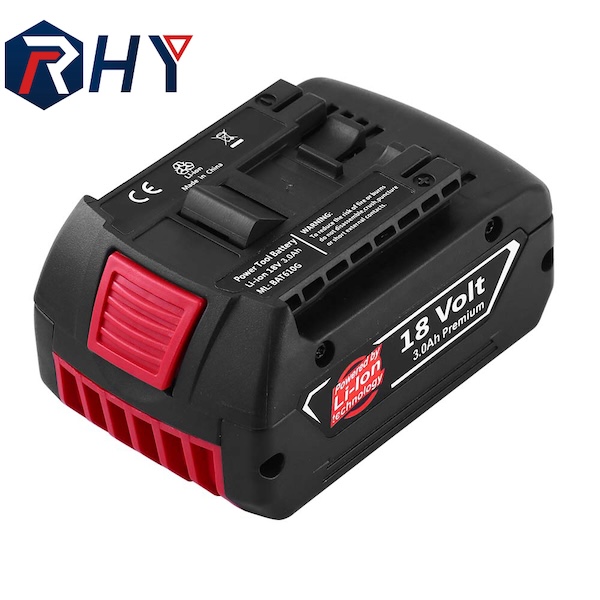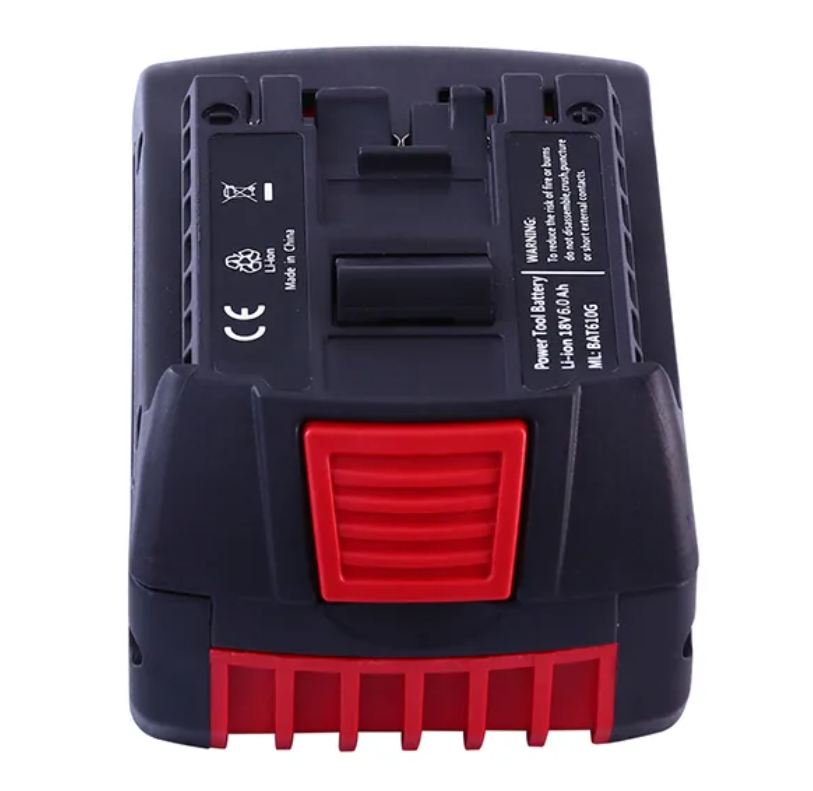Together for An Electric Future.
In recent years, the demand for high-performance, durable, and efficient power tools has increased dramatically. Central to the functionality of these tools are the batteries that power them. As power tools become more advanced, so do the technologies behind the batteries. Manufacturers are continuously developing cutting-edge solutions to improve battery performance, longevity, and safety. In this article, we explore the key advantages of advanced technologies in power tool batteries and how they are transforming the industry.
One of the primary advantages of modern power tool batteries is their extended lifespan and higher energy density. Thanks to advancements in lithium-ion technology, batteries can now store more energy in smaller, lighter units. This means power tools can operate for longer periods without requiring frequent recharging, providing users with greater efficiency and convenience.
High energy density also allows for more compact and lighter battery designs, which is particularly beneficial for portable tools. With lighter batteries, workers can use power tools for extended periods without experiencing fatigue, which enhances productivity and comfort on the job.

In the fast-paced world of construction, manufacturing, and home improvement, downtime due to battery charging can be costly. Advanced battery technologies have significantly reduced charging times, allowing workers to quickly recharge their batteries and get back to work with minimal interruptions. Rapid charging systems now available on the market are capable of fully charging a power tool battery in a fraction of the time it used to take.
This improvement in charging speed is made possible by better battery management systems (BMS) and enhanced charger designs that optimize the charging process without compromising battery life.
Safety is always a top priority when working with power tools, and advanced battery technologies have introduced several innovations to ensure safer operation. Modern power tool batteries are equipped with sophisticated BMS that monitor the battery’s status in real-time, preventing overcharging, overheating, and short circuits.
Thermal management systems in advanced batteries also help regulate heat generated during use and charging, reducing the risk of thermal runaway and ensuring the battery remains within safe operating temperatures. These technologies not only protect the battery itself but also contribute to the safety of the users, providing peace of mind in demanding work environments.
Power tools are often used in harsh conditions, from construction sites to heavy manufacturing environments. Advanced battery technologies have resulted in more durable and long-lasting batteries that can withstand extreme temperatures, moisture, dust, and physical impacts.
With the incorporation of ruggedized designs and protective casings, modern batteries are engineered to endure tough working conditions while maintaining optimal performance. Additionally, the use of advanced materials in battery construction reduces the likelihood of capacity degradation over time, allowing for longer battery lifespans.
Advanced power tool batteries come equipped with intelligent BMS that continuously monitor and regulate battery performance. These systems track factors such as temperature, voltage, and charge cycles, optimizing power delivery and ensuring efficient energy use. The result is better overall battery performance and extended battery life, as the system adjusts to maintain optimal conditions.
Furthermore, many advanced batteries feature communication capabilities that allow them to interact with power tools and chargers, providing real-time information about battery health, remaining charge, and any potential issues. This connectivity empowers users with greater control and insight into their battery's status, enhancing productivity and minimizing downtime.

As sustainability becomes an increasingly important consideration, manufacturers are focusing on creating more environmentally friendly battery technologies. Lithium-ion batteries, commonly used in modern power tools, are more energy-efficient and have a lower environmental impact than older battery types, such as nickel-cadmium (NiCd) or nickel-metal hydride (NiMH).
Moreover, the recyclability of lithium-ion batteries is steadily improving, with more efforts being made to ensure the responsible disposal and reuse of battery components. These advancements contribute to a reduced carbon footprint and align with the growing emphasis on eco-friendly practices in industries worldwide.
Another significant benefit of modern power tool batteries is their versatility. Many power tool manufacturers have developed battery platforms that are compatible across a wide range of tools. This means users can switch between different power tools, such as drills, saws, and grinders, using the same battery, reducing the need for multiple batteries and chargers.
This level of flexibility is especially valuable for professionals who rely on various tools for their work. By standardizing battery platforms, manufacturers provide users with a cost-effective and convenient solution to power all their tools.
The development of advanced technologies in power tool batteries has led to significant improvements in performance, safety, and usability. From extended battery life and faster charging times to intelligent management systems and enhanced durability, these innovations are transforming the way professionals and DIY enthusiasts use power tools. As technology continues to evolve, we can expect even greater advancements that will further enhance the capabilities and sustainability of power tool batteries.
At RHY Battery , we focusing on the design, development and manufacturing of cutting-edge battery packs and chargers. We are committed to providing industry-leading battery solutions for your applications.